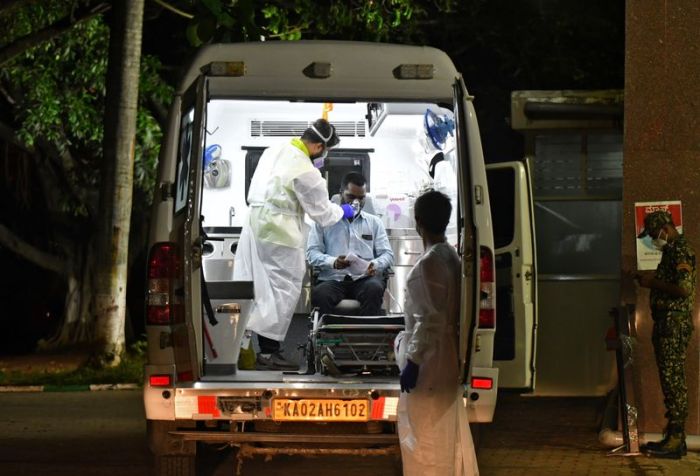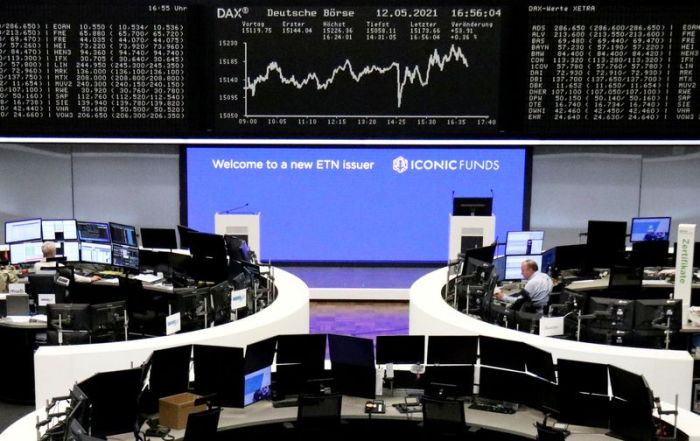BRUSSELS/BUDAPEST (Reuters) -Hungary is the only European Union country that has decided to opt out of a new vaccine deal the bloc has signed with Pfizer and BioNTech for the supply of up to 1.8 billion doses of their COVID-19 jab, an EU spokesman said.
The Commission on Thursday confirmed the new deal, the third it has signed with the two companies, for the possible purchase of up to 1.8 billion doses until 2023, following 600 million doses ordered via the two previous contracts.
“Hungary opted out of the Pfizer deal,” the EU spokesman said on Thursday.
Gergely Gulyas, Prime Minister Viktor Orban’s chief of staff, confirmed that Hungary had decided not to be part of the joint purchase, expressing confidence in the country’s current supply of vaccines.
Gulyas added that Hungary would also refrain from buying other vaccines through the EU procurement scheme. “Hungary would not like to take part in the next chapter of Brussels’s vaccine purchase program,” he told a news conference on Thursday.
Even if a booster was needed, “there are plenty of vaccines from Eastern and Western sources as well,” he said.
Orban has cultivated strong ties with Russia and China, and Hungary has authorised and deployed Russian and Chinese shots before their approval by the EU drugs regulator — the only European Union country to do so.
In March, the government suggested Russian and Chinese COVID-19 vaccines were more effective than Western ones, prompting an outcry from Hungarian scientists and doctors.
The government’s approach seems to be paying off, however: Hungary has given at least one dose of a vaccine to 49% of the adult population, the fourth-fastest rollout in the world, according to a Reuters tally.
Under the joint procurement scheme, the EU has signed deals with six Western vaccine makers to secure up to 2.6 billion doses. The new contract with Pfizer is the first of a second wave of deals meant to ensure the EU has enough doses in the future for boosters and against variants.
(Reporting by Francesco Guarascio @fraguarascio in Brussels and Anita Komuves in Budapest; editing by Jason Neely and Catherine Evans)

























